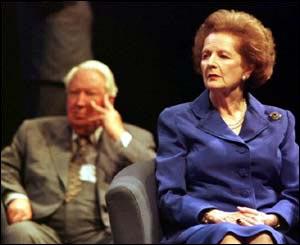Now, as then, the Games serve the function of uniting nations in friendly competition and thus reducing international tension and the risk of conflict; the 1936 Olympics in Berlin ensured that Europe would never again face anything like the horrors of 1914-18.
De Coubertin had picked up the English concept of amateurism (“gentlemen” and “players”), some aspects of which persisted in the Olympics until the 1980s. Juan Antonio Samaranch, a former bureaucrat in Franco’s fascist regime, then became the president of the International Olympic Committee and, as vast sums were raised through sponsorship and in TV deals, professionalism came back to the Games for the first time since the days of the naked slaves.
Provided you don’t mind mixing with some pretty unsavoury characters and watching some fairly boring sporting events, participating in the world of the Olympic Games can be interesting and enjoyable. I was professionally involved in them (not as an athlete, I need hardly add) for ten years or so, and have some happy memories; here's a nice picture of my wife Anne at the opening ceremony in Barcelona, cheering for the Canadian team (she had lived in Ottawa for a time) . That's me clapping on the left, inspired by her enthusiasm.





